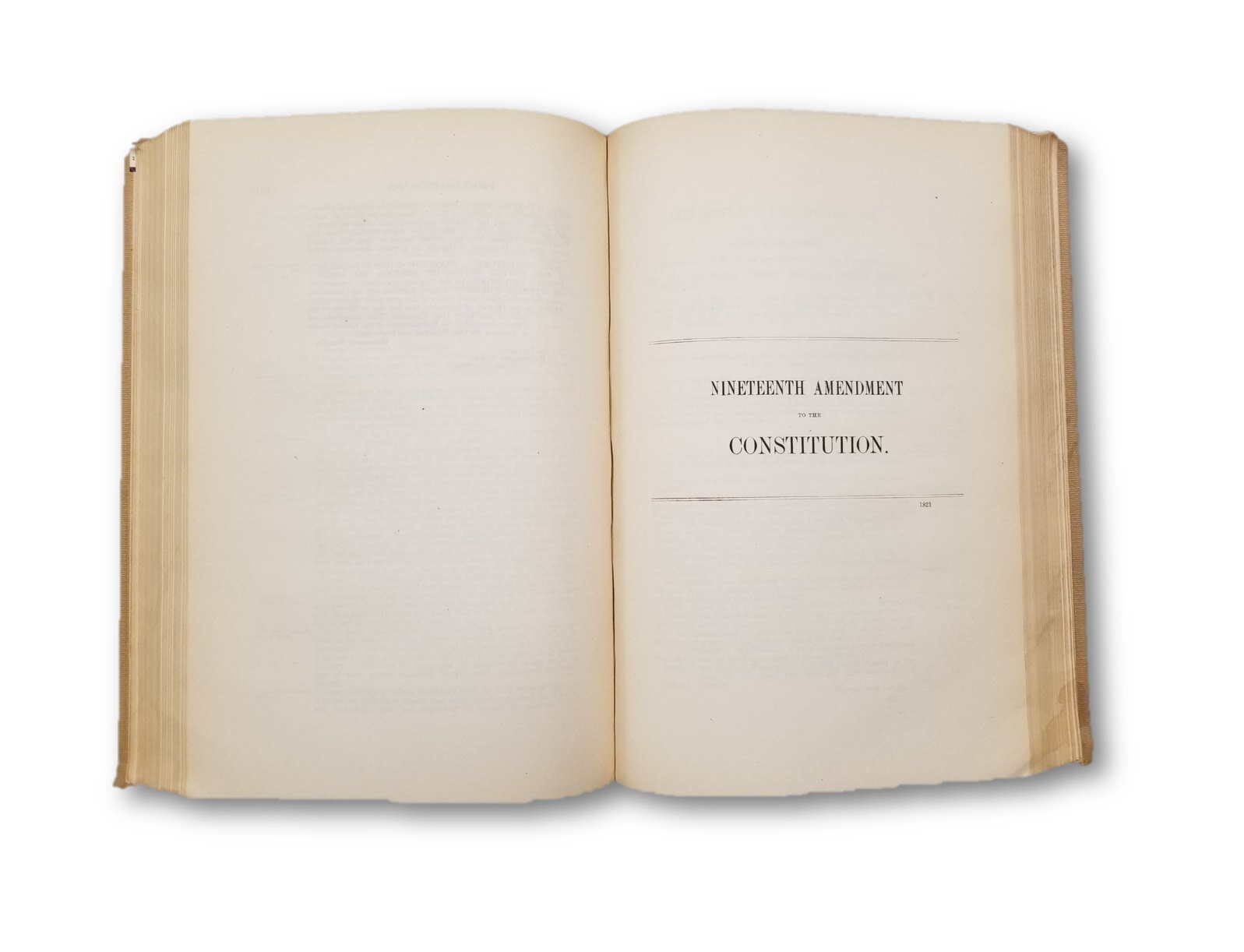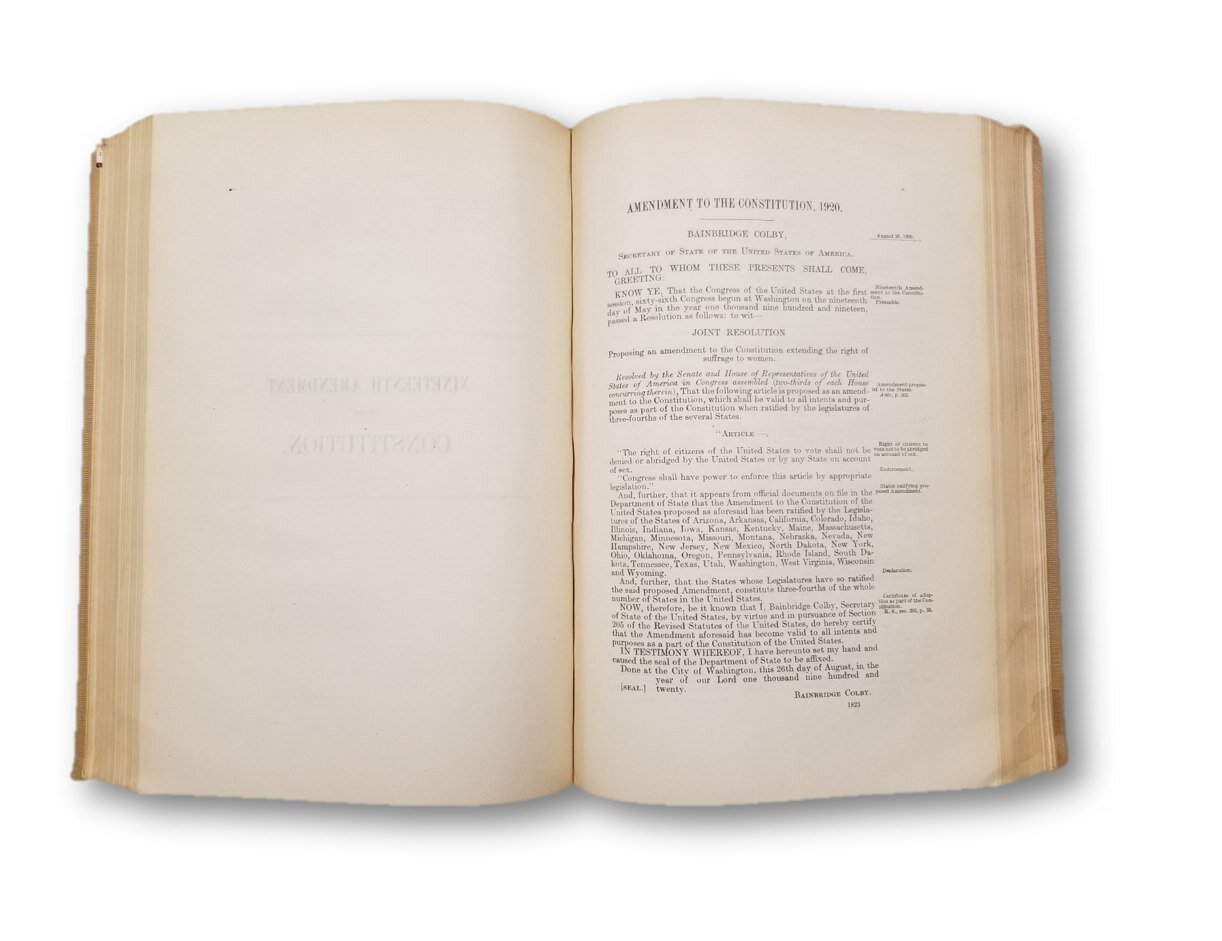Image by conolan from Pixabay
With Election Day a mere three months away, the process by which Americans will be casting votes still remains a bit unsettled, here in Texas and elsewhere, too. The last volley in the litigation fight over the right to submit ballots by mail because of the pandemic was the United States Supreme Court’s denial to vacate the stay that was entered by the United States Court of Appeals for the Fifth Circuit back in June. However, Justice Sotomayor did express some hope that the issues could be resolved by the time of the November election.
Hope may spring eternal, but so far, the voting rules here in Texas are the same as they were before the pandemic arrived in our state. Those wishing to vote by mail must be 65 years of age or older, be disabled as defined by Tex. Elec. Code Sec. 82.002, be away from the county on Election Day and during the period allowed for early voting, or confined in jail, if otherwise eligible. Voters who do not meet one of these requirements must cast their vote in person at one of the designated polling locations on Election Day or during the early voting period. In an effort to reach more voters over the age of 65, the Texas Democratic Party launched a mail-in ballot initiative, targeting the five largest counties in the state, including Harris County. So far, a total of 1.75 million mail-in ballot applications have been sent to eligible Texas voters. For the primary run-off election in July, the Harris County Clerk sent nearly 400,000 vote-by-mail applications to seniors. All indications are that the county clerk will do the same for the general election.
Even though mail-in ballots seem like a godsend in this era of the coronavirus, it is not without its difficulties. The most glaring one seems to be a lack of confidence in the United States Postal Service. The country has seen long delays in mail delivery, and those problems might worsen in the coming months with the implementation of new postal service regulations and funding cuts. Of course, the current delays are merely stoking the fears of those who are eligible to submit mail-in ballots and raising concerns that their ballots will not arrive in time to be counted.
To get around the postal woes, some states are investigating the use of ballot drop boxes. According to the U.S. Election Assistance Commission, a ballot drop box is “a secure and convenient means for voters to return their mail ballots.” Boxes can be staffed or unstaffed. Drop boxes were used for primary elections in Michigan, Hawaii, Montana, Wisconsin, Washington, and Connecticut, to name a few. These, too, were not without their controversies, though. These difficulties range from battles over where to place the boxes to fears that the boxes will invite voter coercion or pressure. President Trump and the Republican National Committee, among others, have filed a lawsuit alleging that the State of Pennsylvania violated the election law and increased the risk of fraud due to the use of these drop boxes. It seems now that the new legal battleground in the vote-by-mail saga is the use of these ballot drop boxes. So far, Texas has yet to throw its gauntlet down in this conflict.









